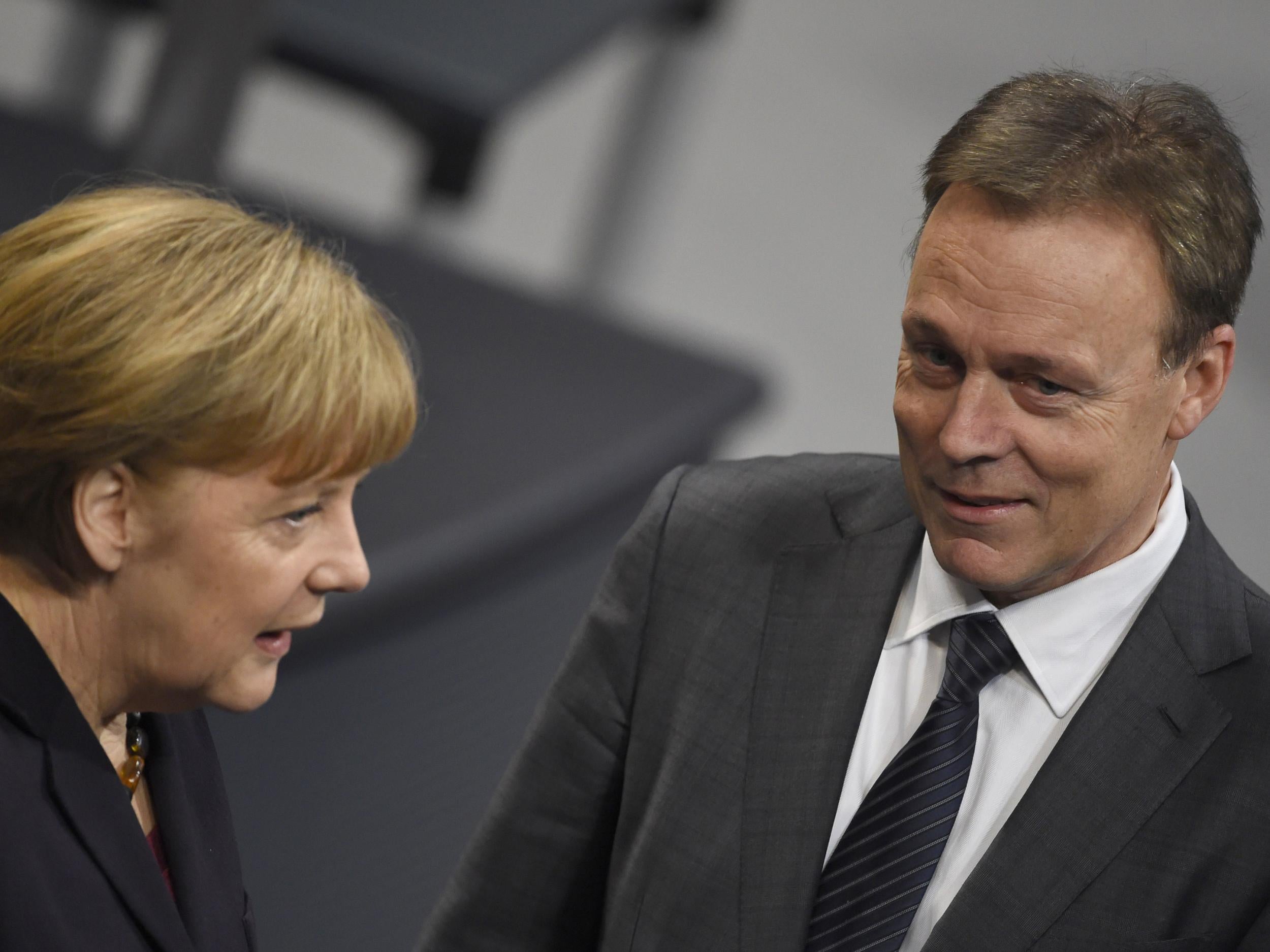Germany may fine Facebook up to 500,000 Euros for every fake news article it publishes
Government should take 'tougher stance' against social platforms, says politician

Your support helps us to tell the story
From reproductive rights to climate change to Big Tech, The Independent is on the ground when the story is developing. Whether it's investigating the financials of Elon Musk's pro-Trump PAC or producing our latest documentary, 'The A Word', which shines a light on the American women fighting for reproductive rights, we know how important it is to parse out the facts from the messaging.
At such a critical moment in US history, we need reporters on the ground. Your donation allows us to keep sending journalists to speak to both sides of the story.
The Independent is trusted by Americans across the entire political spectrum. And unlike many other quality news outlets, we choose not to lock Americans out of our reporting and analysis with paywalls. We believe quality journalism should be available to everyone, paid for by those who can afford it.
Your support makes all the difference.Facebook could face fines of up to 500,000 euros (£420,000) for each fake news story it fails to take down from its site, under new rules suggested by the chairman of Germany’s Social Democrat Party.
The German government will take a “tougher stance” against Facebook and other platforms ahead of the 2017 parliamentary elections, Thomas Oppermann said, adding that legislators would discuss the fake news problem intensively after the Christmas break.
Facebook has come under heavy criticism for its role in spreading news articles containing misinformation in the run-up to the US presidential elections.
“Facebook has not used the opportunity to regulate complaints management itself effectively,” Mr Oppermann told German weekly Der Spiegel, claiming the government had tried and failed to "build bridges" with the company.
He said he wanted to create a legal obligation for “market-dominating” platforms such as Facebook to set up a legal protection centre in the country that would deal with fake news and hate speech year-round.
“If Facebook does not immediately delete the affected report within 24 hours, Facebook will have to pay up to 500,000 euros,” he claimed, adding those who had been badly affected by a false story should be compensated.
But he stressed the complaints staff would not serve as “opinion police” or form a so-called “truth commission”.

While Facebook has said it was unwilling to filter out fake stories through adjusting its algorithm or by employing editors, it has appointed third-party fact checkers including Snopes, The Washington Post and PoltiFact to help deal with the problem. It has also made it easier for users to report stories they think are untrue.
Stories found to be fake by fact checkers will be flagged as “disputed” and will lead to a pop-up warning about accuracy before they can be shared. Disputed stories “may also appear lower in News Feed,” Facebook said.
But critics argue that labelling a fake story, and changing it's position is not enough.
“There has been only talk for too long. Now we in the coalition will take action at the beginning of next year,” Volker Kauder, a senior member of Chancellor Angela Merkel's Christian Democrats (CDU), said in a statement on Friday.
"We plan to impose high penalties that would affect companies like Facebook if they do not meet their responsibilities," Mr Kauder said.
Chancellor Merkel has previously spoken against the polarising power of so-called “filter bubbles” created by search engines and social media sites
Ahead of the US election result she warned that the sites' algorithms have led to a “distortion of our perception”.
Facebook’s insistence that it’s not a news company came as it was revealed that the 20 most-read fake news stories outperformed the 20 most-popular news stories from legitimate news sites.
Join our commenting forum
Join thought-provoking conversations, follow other Independent readers and see their replies
Comments